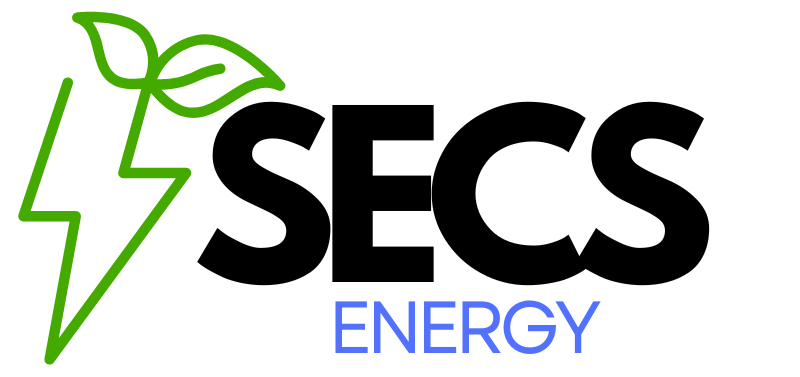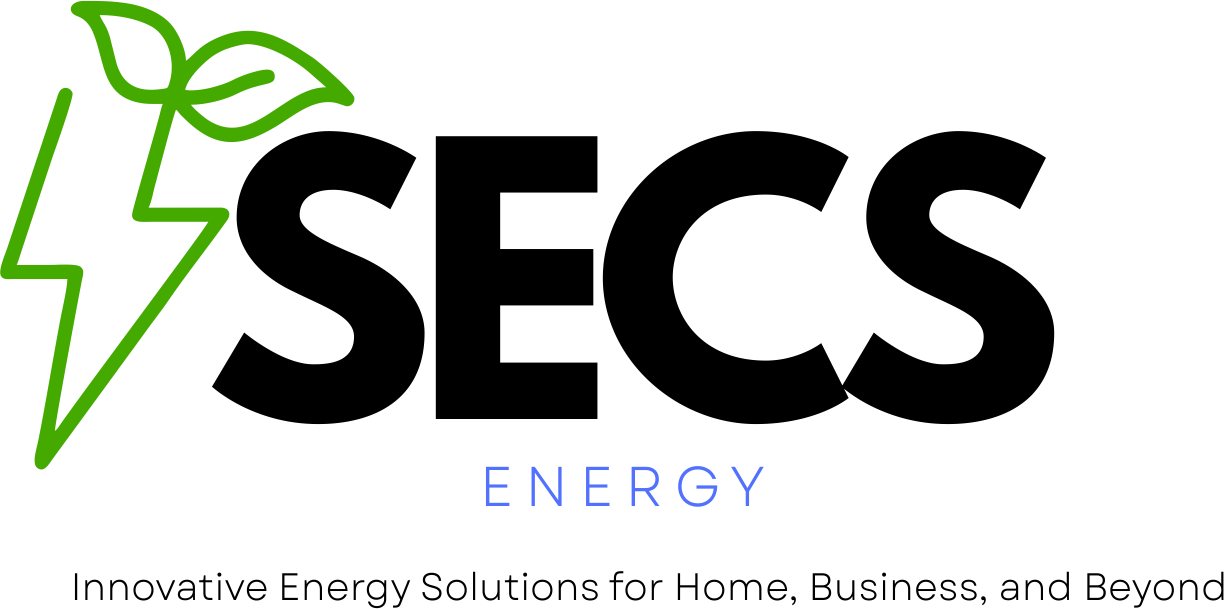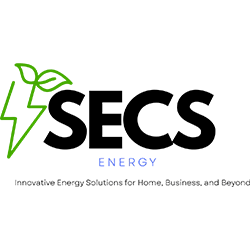FAQ’s
- Home |
- FAQ’s
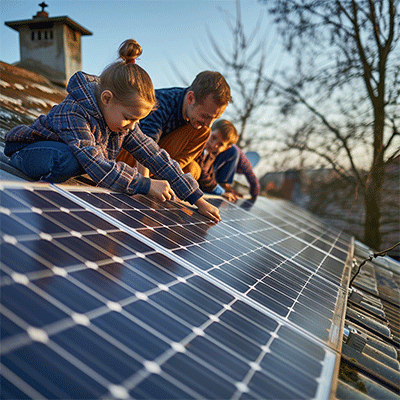
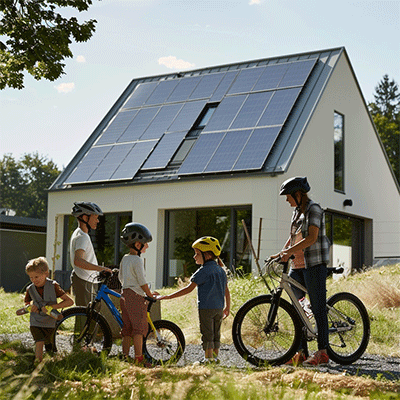
Have any questions?
 Faq Questions
Faq Questions
Have any questions And answers
Are there any financial incentives or rebates available?
In many places, there are government incentives, tax credits, or rebates for installing solar panels. Understanding these incentives can significantly affect the overall cost.
What maintenance is required for solar panels?
Solar panels generally require minimal maintenance, but people may want to know about routine checks, cleaning, and the warranty coverage.
How much space do I need for solar panels?
To determine the space needed for solar panels, consider your energy needs, location, and panel efficiency. Smaller spaces can work for modest energy demands, while larger areas may be required for higher needs or less sunny locations. High-efficiency panels can generate more power in smaller spaces.
What is the efficiency of the solar panels?
Solar panel efficiency, expressed as a percentage, indicates how well panels convert sunlight into electricity. Traditional panels range from 15% to 20% efficiency, while advanced panels can exceed 22%. High-efficiency panels are ideal for limited space or low-sunlight areas, though they may cost more initially. Improved technologies promise even greater efficiency in the future.
Do I need special insurance for my solar panels?
Homeowners ought to find out if solar panels are covered by their insurance. Generally, unregistered systems are not covered by insurance. To receive coverage in places like COCT, one must register with the SSEG.
Can I sell excess energy back to the grid?
Yes, you can sell excess energy back to the grid through a Feed-in Tariff (FIT) or net metering. This allows you to earn credits or payments for surplus energy your solar system generates. Ensure your system is registered with the relevant authorities to qualify.
What are the different types of solar panels available?
When selecting solar panels, consider types like monocrystalline, polycrystalline, and thin-film. Consult with experts to choose the best fit for your needs. Panels with glass on both sides offer better durability and fewer issues like delamination.
Are solar PV systems a better option than solar water heaters?
If you have limited room for PV panels, solar water heaters are an affordable way to generate hot water. They directly heat water with sunshine, but solar photovoltaic systems provide power that may be utilized for a variety of purposes.
How do solar panel net metering systems operate?
With net metering, you can return excess solar energy to the grid and possibly receive credits or payment from your utility company. According on utility policies and area, the credit or compensation amount varies.
